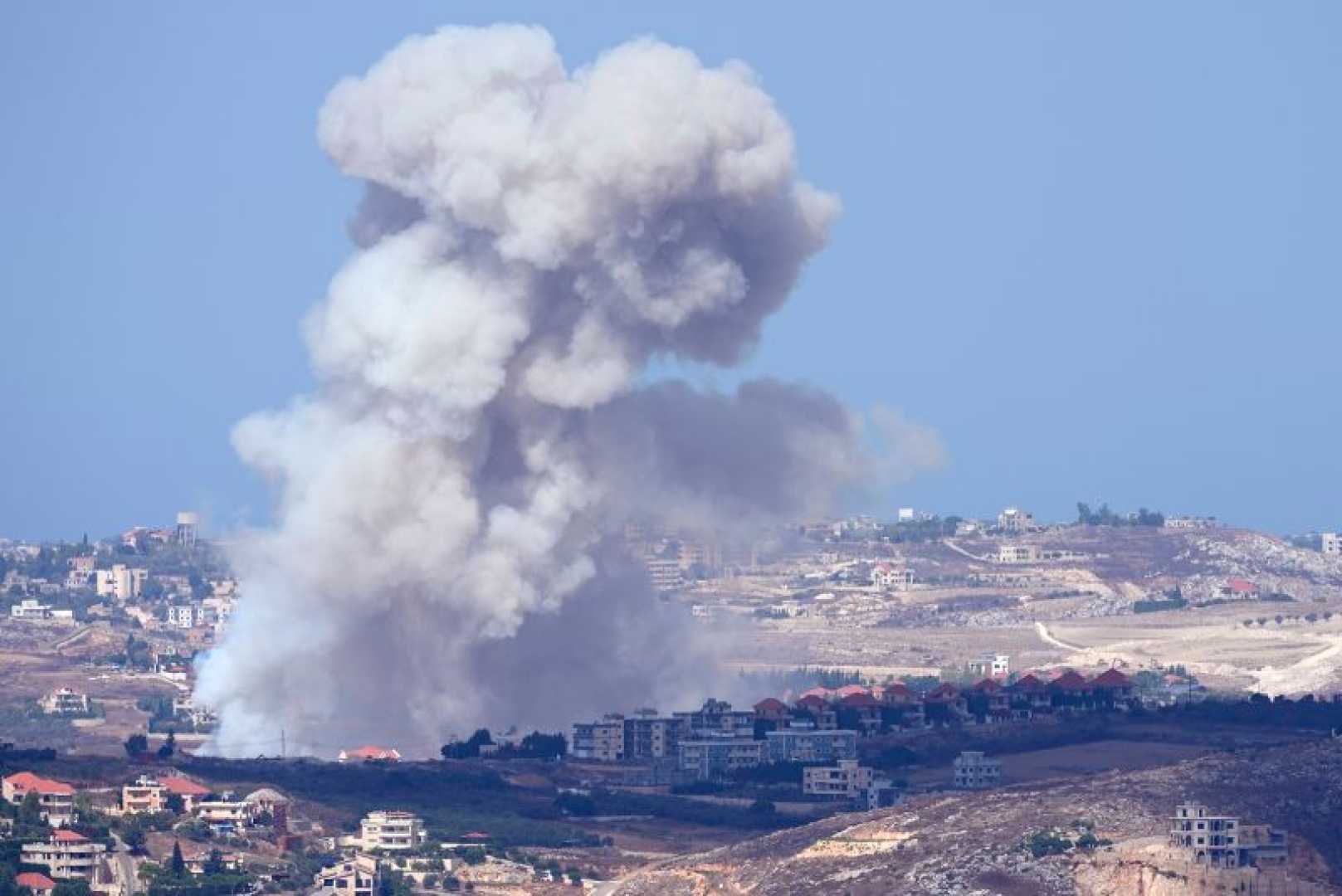World
Timeline of Escalation: Israel and Hezbollah Confrontation

Israel announced on Saturday that it had killed Hassan Nasrallah, the long-time leader of Hezbollah, during a series of powerful airstrikes on Beirut on Friday evening. This announcement followed twelve days of intensifying conflict between Israel and the Iranian-supported militia, leading to further destabilization in the region. Hezbollah confirmed Nasrallah’s death following the strike.
Over recent days, the conflict has claimed the lives of thousands in Lebanon due to a coordinated series of Israeli airstrikes. These attacks reportedly aimed at Hezbollah targets, left significant devastation, injuring thousands more and displacing tens of thousands, according to Lebanese officials.
In retaliation, Hezbollah launched hundreds of rockets into northern Israel, including a notable long-range cruise missile aimed at Tel Aviv, intercepted by Israel’s air defense. Although many projectiles were neutralized, some managed to breach Israeli defenses, causing structural damage and casualties.
The series of escalations began on September 17, when explosive devices, reportedly pagers or communication gadgets, detonated in Lebanon, killing at least 13 people. Israel did not overtly take responsibility for this attack. On the same day, Israel articulated its intentions to clear a buffer zone from which residents had been displaced by Hezbollah rocket fire.
Israeli Defense Minister Yoav Gallant later praised the military’s operations, describing their efforts as ‘excellent achievements,’ although mentions of specific incidents were avoided.
The subsequent days saw Israel executing strikes on Hezbollah’s military infrastructure, notably assassinating Ibrahim Akil, a Hezbollah military commander, who was wanted by the U.S. for past violence. On September 21, an increase in airstrikes targeted over 400 Hezbollah facilities, signaling the conflict’s further intensity.
Confrontations peaked with Israel’s strikes on Hezbollah sites leading to significant casualties. Lebanese Interior Minister Bassam Mawlawi described the security situation as “delicate and dangerous,” following attempts to dismantle alleged spy networks.
Calls from global entities, including the U.S. and France, for a ceasefire were quickly dismissed by Israel, which remained on the offensive during the UN General Assembly proceedings. This period saw Hezbollah firing unprecedentedly deep into Israeli territory, including the city of Haifa.
On September 24, Iran‘s President issued a statement urging Lebanon not to become another battle zone akin to Gaza. Meanwhile, Israeli warning messages were issued to southern Lebanese residents in anticipation of intensified bombardments.
The mightiest strikes occurred in the days following, severely impacting urban areas and leading to one of the largest displacements in Lebanon’s recent history. By September 28, Hassan Nasrallah’s death was confirmed, marking a turning point in the regional conflict. Analysts viewed his killing as a game-changer, with potential repercussions for the involved region and beyond.












